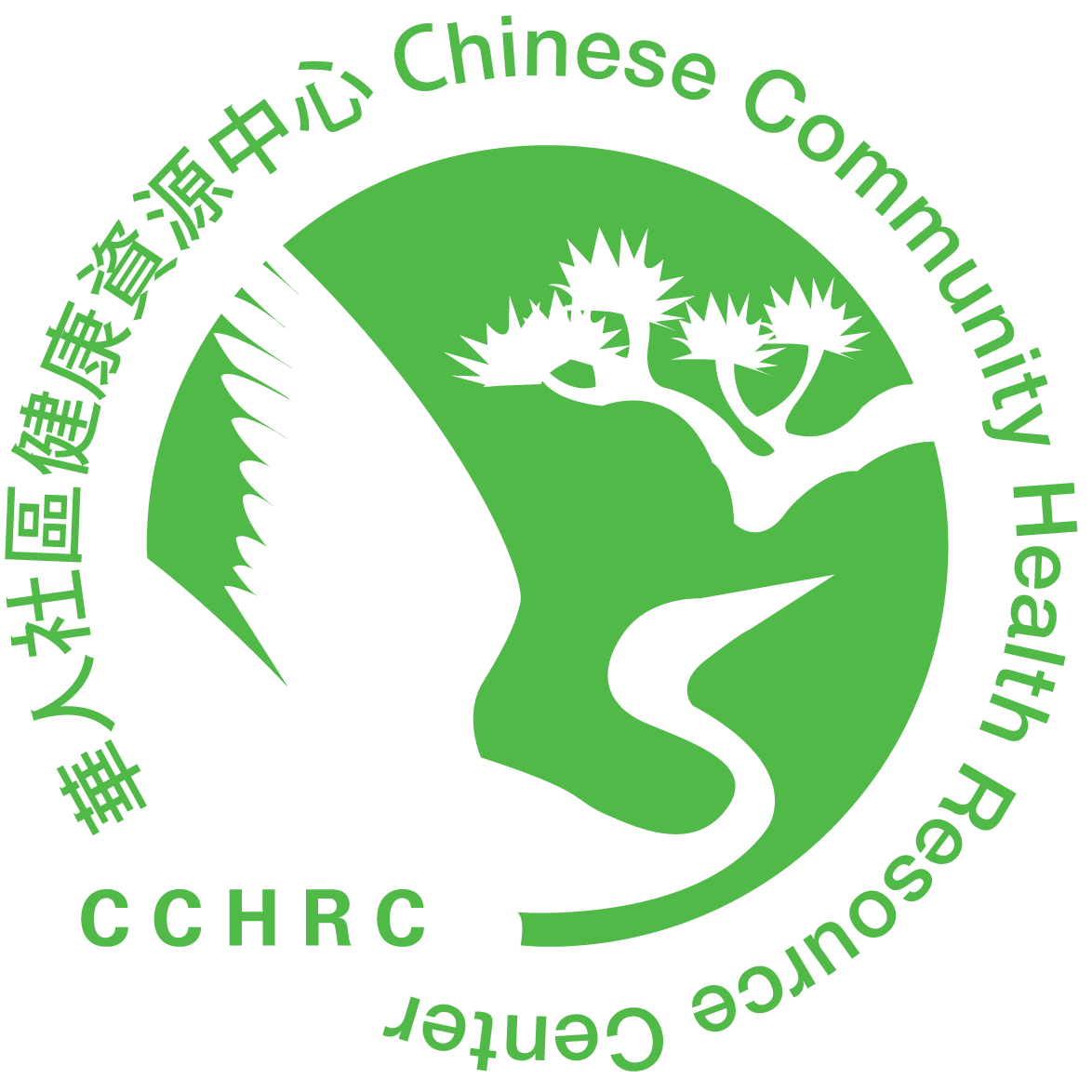For several decades, hormone replacement therapy (HRT) was routinely given to women experiencing menopause. Many women stayed on HRT for years without an evaluation to see if HRT was still needed. It was thought that keeping women on HRT was medically the best thing to do.
‘Menopause’ means the end of menstrual periods, no longer ovulating (producing eggs), and no longer being able to get pregnant. This usually begins in women who are in their late 40’s through the early 50’s. During this time a woman stops producing a hormone called estrogen.
Women notice changes taking place in their bodies as they go through menopause. Changes can include: hot flashes, night sweats, mood swings, memory lapses, not sleeping well, and vaginal dryness. Women used to be given hormone replacement if they had these symptoms, and sometimes when they had no symptoms. It was believed that HRT would prevent heart disease, stroke, osteoporosis, and dementia (memory loss).
There are two kinds of HRT: estrogen alone or an estrogen/progestin combination. The addition of progesterone protects against endometrial cancer and is usually given to women with a uterus. Unfortunately, HRT was being used without having been proven to work in preventing heart disease, stroke, or dementia. The Women’s Health Initiative, a study published in 2002 that included thousands of women, concluded that Hormone Replacement Therapy (HRT) should not routinely be used the way it had been prescribed in the past. Also, it should not be used in every woman because HRT increases the risk of heart disease, breast cancer, stroke, blood clots and dementia.
In spite of these results, there are still reasons to use hormone replacement therapy for some women in a modified way.
So, what should you do? Talk with your doctor about what is best for you. Physicians prescribe low doses of HRT for women who have moderate to severe hot flashes for shorter periods of time (months). It is no longer recommended that women regularly take HRT for years. Asian women seem to have fewer and milder symptoms of menopause, but that does not mean that you have to be miserable. Estrogen creams, used for vaginal dryness, and other vaginal changes, appear to be safe and effective.
Preventing chronic health problems after menopause.
There are many things you can do to protect your long-term health with or without
short-term hormone replacement therapy.
Here are some suggestions:
Heart Disease and Stroke
- Stop smoking- nicotine (one of the chemicals in tobacco) narrows your blood vessels including the ones in your heart, and can cause a heart attack.
- Maintain a healthy weight by walking, swimming, doing tai chi or other types of exercises
- Eat less high sodium (salt) and high fat foods
Osteoporosis
- Have a bone density test (ordered by your doctor) if you have risk factors such as low body weight, recent fractures, family history of osteoporosis.
- Consider taking medication to increase the strength of your bones.
HRT does help prevent osteoporosis, but there are newer medications that are more effective and have fewer side effects. - Make sure there is enough calcium and vitamin D in your diet. Consider taking calcium and Vitamin D supplements.
- Walk
Memory Loss
- Socialize- talk to friends or family every day
- Read books, magazines, newspapers
- Play board games, cross-word puzzles, mah jong
- Keep your blood pressure under control
- Do not drink more than 1 glass (5 oz.) of wine a day. Excessive drinking/alcoholism can cause permanent damage to your brain and memory loss.
Breast Cancer
- Yearly mammograms beginning at age 40, according to the American Cancer Society.
- Stop smoking
- Decrease fat in your diet
Menopause is not a disease. It is one of the many transitions in the lives of women. As you get older there are ways to keep yourself strong and healthy. Be involved in your health and wellbeing. New studies are being done right now that will answer questions about the place of HRT for women during and after menopause. Talk with your doctor about your symptoms, family history, and the best choice for you.
Copyright © 2007-2020 Chinese Community Health Resource Center
If you would like a copy of this health article, please click on the PDF button in the language you prefer. To view the PDF document, you’ll need Adobe Acrobat, which you can download here.
Bilingual:



